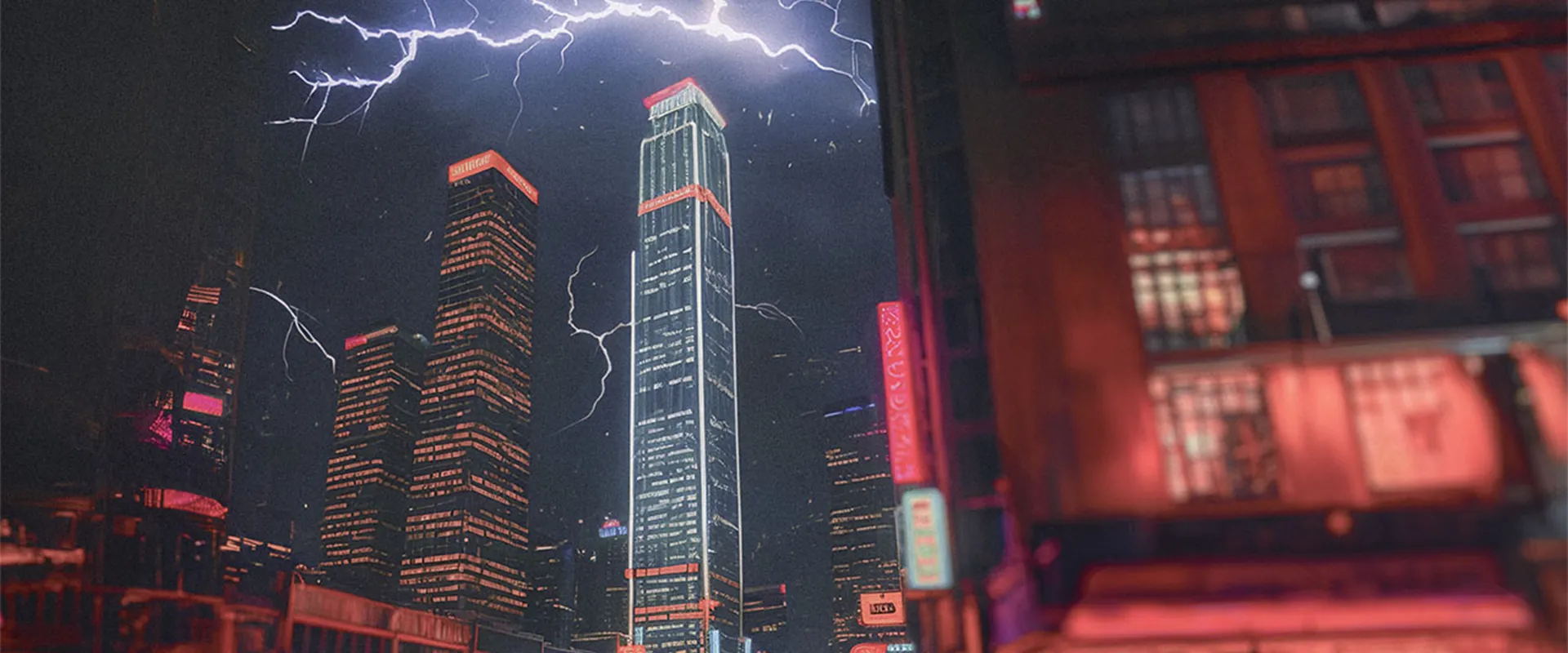There’s a groundswell of lawsuits being brought against artificial intelligence companies, accusing platforms such as Meta, OpenAI, and others of using copyright protected works without permission to train their generative AI systems. This “Great Infringement”—currently alleged to involve hundreds of thousands of novels—illustrates the magnitude of this admitted practice by various AI vendors. Apparently, it’s been going on for a while.
Not surprisingly, as monetization of AI and its underlying technology gains ground, the courts are becoming the front line for deciding the legality of the way large language models are trained and the information they are able to access. At the same time, attorneys are left to explain the risks and benefits to their clients who are using these AI models themselves or whose works are being impacted by them.
Mainstream Movement
The lawsuits against AI companies do not represent a fringe movement. It’s quite the contrary. For example, prominent creative figures and artists are among the 8,500 cosigners from The Authors Guild who sent an open letter urging “generative AI companies to cease using their works without proper authorization or compensation.” Similarly, others have barraged AI vendors Stability AI, Midjourney, Microsoft, and others with lawsuits alleging infringement and misuse.
Creators’ Funds
In response, several of the accused companies have pledged to set up “creators’ funds” to compensate those whose works were used to train their AI models. Just how those funds get financed and money distributed equitably has not been decided.
Questions surrounding what constitutes fair use of copyrighted materials, identifying which works may have been used and to what extent, and other issues such as retroactive compensation need to be settled—and that’s not likely to happen any time soon.
Uncharted Territory
As discussed in previous Ludwig APC blogs, AI and its impact on intellectual property is new territory for us all. Just how these pending cases (and those that follow) are decided will set precedent for the United States and the world.
Will new decisions be adjudicated according to old paradigms? After all, IP existed long before AI, and IP has traditionally been well protected from infringement—whether misuse was intended or not. Will those old foundations hold true, or does AI require us to rethink how we move forward?
At the heart of the current situation is the “open source” nature of AI. In its infancy, generative AI began in places like closed Department of Defense labs whose developers had no intention of creating pictures or music. From such humble beginnings, generative AI grew to include open-source research projects designed to create one AI model that could do it all. The need to track whose works were used to train the AI models and compensating them accordingly likely never entered into the equation—or was an afterthought at best.
Now as platforms that were once open source, like Open AI, become privately held companies, questions of IP infringement and remuneration arise. It’s hard not to wonder if where we’ve ended up was the intention all along, with massive research grants building entities that are now proprietary. It’s also hard to imagine that copyrighted material wasn’t used along the way.
Protecting IP
That said, IP owners are right to want compensation for the use of their works by those who have (or stand to) profit from it. What’s becoming increasingly clear, in these times of the “Great Infringement” is that it’s more important than ever before to protect your IP.
That’s where experienced firms like Ludwig APC can be of great value. As experts in copyright matters, IP, and business litigation, we are monitoring these lawsuits and other AI-related developments very closely. Clearly, generative AI is an amazing technology with much promise. At the same time, IP owners need to protect what they’ve worked so hard to create.
Let’s Work Together: Global Experience, Personal Focus
If you have questions about how AI tools and products could affect your business and/or your IP, or whether you should be using them at all, contact us today to arrange a free consultation: (619) 929-0873 | consultation@ludwigiplaw.com.



